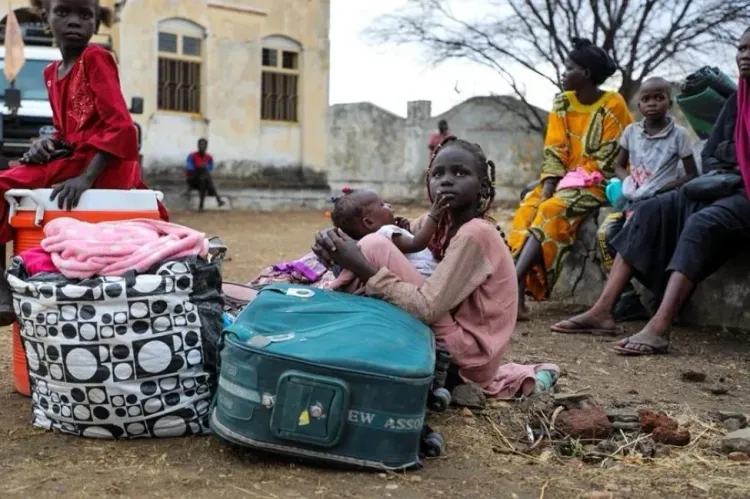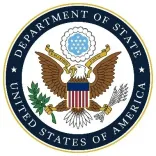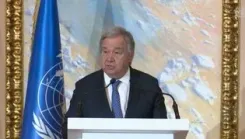Are Conflict and Diseases Endangering Millions of Sudanese Children?

Synopsis
Key Takeaways
- Children represent half of those needing humanitarian assistance in Sudan.
- Over 80,000 suspected cholera cases have been reported since July 2024.
- Less than 18% of children needing support have received it this year.
- The UN calls for immediate action to protect vulnerable children.
- Gaps in data and resources hinder effective responses to disease outbreaks.
United Nations, June 19 (NationPress) The ongoing military strife and rampant disease outbreaks are severely affecting the lives of children in Sudan, as per warnings from UN humanitarian agencies.Children make up half of the 30 million individuals requiring humanitarian aid in Sudan and represent a significant portion of the 12 million people displaced since the civil war ignited in April 2023. Those who are alone or separated from their families are at an even greater risk of abuse, exploitation, and psychological trauma, according to the UN Office for the Coordination of Humanitarian Affairs (OCHA) on Wednesday.
As the conflict persists, the urgent need for protection services for Sudan's children has never been clearer. However, significant funding shortages have meant that less than 18% of the children in need have received essential support this year, as reported by OCHA.
Disease is also wreaking havoc on Sudan's youth. Following the cholera outbreak that commenced in July 2024, the Federal Ministry of Health has logged over 80,000 suspected cases and more than 2,000 deaths. Among these, nearly 7,300 cases and over 230 deaths involve children under the age of 5, stated OCHA.
Moreover, Sudan is grappling with a measles outbreak. Since the beginning of this year, there have been more than 2,200 suspected cases, including five fatalities, with over 60% of these cases affecting children younger than 5, according to Xinhua news agency.
UN health partners are actively engaging in the response to the measles situation. Unfortunately, similar to the cholera response, their efforts face significant hurdles due to data gaps concerning disease cases, as well as acute shortages of vaccines, medical supplies, and trained personnel, OCHA noted.
The office has urged for an immediate end to hostilities and for unrestricted humanitarian access, enabling the United Nations and its partners to enhance support for children and other civilians who are in dire need.








